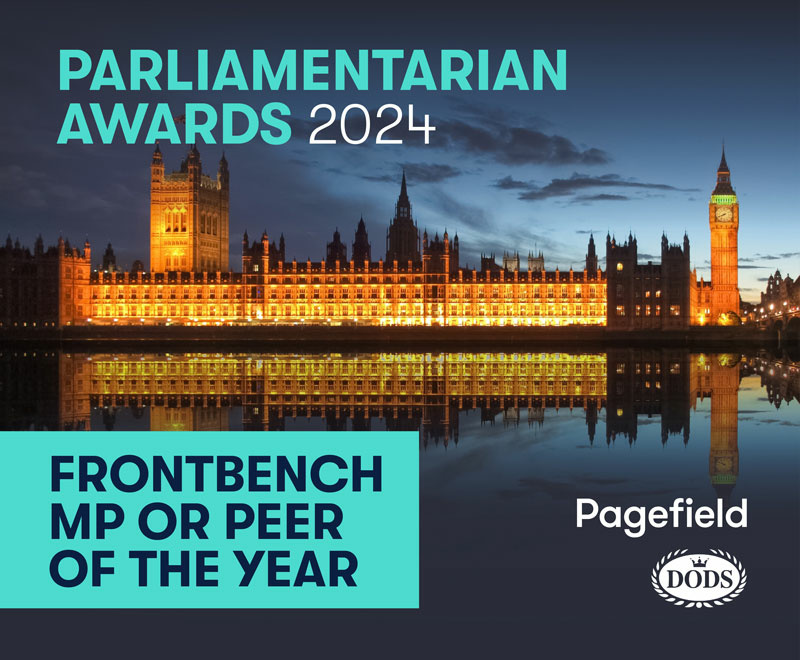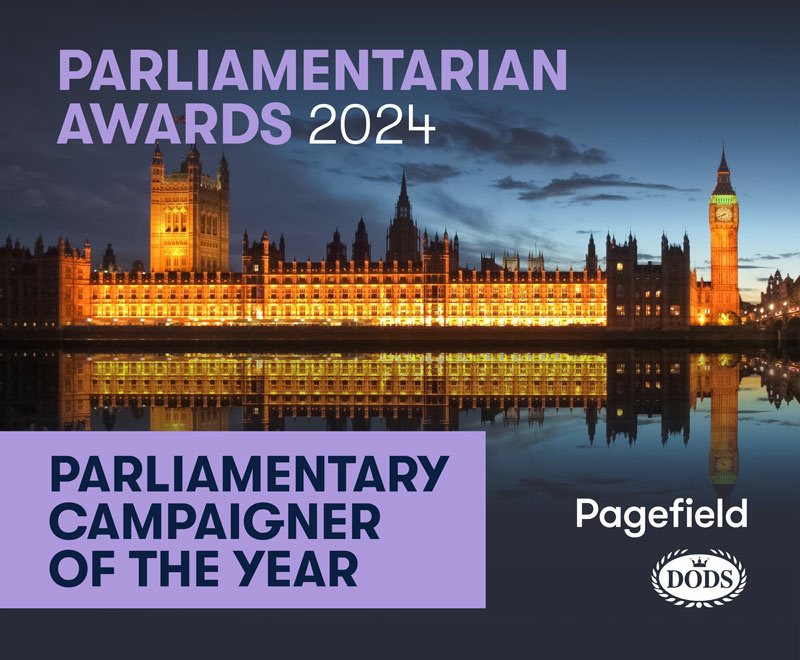In the wake of so-called ‘Super Thursday’, Pagefield has analysed the data and the overall electoral mood to look at the top five take-aways from the local and mayoral elections held across the UK.
Scotland
The SNP remain Scotland’s pre-eminent political force in the aftermath of the Holyrood elections; yet, for all Nicola Sturgeon’s bombast, the picture is fundamentally more nuanced.
It should be said that 64 seats is more than the 63 they won last time, but it is not quite the majority won by her mentor-cum-nemesis Alex Salmond in 2011. The eight Green MSPs who were also elected mean that a majority of MSPs back independence, yet any claim that there is a monolithic mass demand for a further referendum seems hollow given that combined, all the unionist parties got more votes than those backing independence.
The Tories defied expectations and retained the same number of MSPs and will be the main opposition party. With Ruth Davidson finally off the Holyrood scene and heading to the Lords, responsibility for saving the Union will be up to Douglas Ross; how he will manage to square the circle of not being seen as London’s man in Edinburgh will be fascinating, particularly given No.10’s proposed plan to “love-bomb” Scotland.
Local Authorities
Whilst expectation management was in full force ahead of the council results, it was a resounding victory for the Conservatives over the weekend, gaining 13 councils, pushing many more into No Overall Control, and significantly cutting Labour majorities across the country.
The Labour Party had a disastrous election, losing traditional Labour councils across the country, including Durham County Council, which it has run since 1925. The Conservatives can now well and truly claim that the red wall has turned blue.
Metro Mayors
The Mayoral results proved to be some of the most interesting of the weekend. Unsurprisingly, Ben Houchen and Andy Street held their seats in Tees Valley and the West Midlands, showing the real impact that good local politicians can have in shoring up the vote.
But in better news for the Labour Party, there were unexpected and historic wins in the Mayoral elections across the country. Dr Nik Johnson took Cambridgeshire and Peterborough from the Conservatives, Dan Norris beat the Conservatives in the West of England, Tracy Brabin became the first female Metro Mayor with her win in West Yorkshire, Andy Burnham was returned with a resounding victory in Manchester, and Sadiq Khan was returned for a second term in London.
Interestingly, it is now the case that six of Labour’s Metro Mayors are former MPs, suggesting that they, at least, think the future definitely looks brighter outside of the PLP.
Hartlepool By-Election
The by-election, triggered following the resignation of Mike Hill MP saw the Conservatives increase their majority of the vote to 51%; with Labour only able to secure 29% of the overall vote.
This equates to a 23-point margin for the Conservatives and marks the appointment of the first elected Tory MP in the constituency’s history, which was formed in 1974. This is only the fifth time that a governing party has taken a seat in a by-election since the end of the Second World War.
Jill Mortimer MP defeated Labour rival, Paul Williams, by nearly 7,000 votes – with the result hailed by many as a “truly historic” moment for the fall of the Labour ‘red wall’, under the leadership of Keir Starmer.
Wales
But Labour shouldn’t be totally down about the election results, with Mark Drakeford set to form a new Welsh Labour government alone after the Senedd election left his party with 30 seats, just one short of an outright majority. The Welsh Conservative, meanwhile, saw their seats increase from 11 to 16, revealing that these set of elections weren’t all about the power of incumbency.
By Rebecca Lury, and Nick Birko-Dolder.




